How Psychology Can Help Us Understand Gender Roles and Stereotypes
It has been debated for decades how society creates specific gender roles and stereotypes that lead to so many pitfalls in individual lives.
While there is a healthy discussion surrounding this topic, it seems most people still turn to psychology for answers.
Why is that? Maybe because psychology is the study of the human mind and what goes on in it, it can make it an invaluable tool for understanding why we behave the way we do.

This field of psychology has given us many insightful answers about gender and stereotypes, which has helped change the way people think.
For example, did you know that we are not born with a particular gender?
It is learned throughout our childhood and absorbed by our society.
We can see this, especially around language.
There are almost no words in English-speaking countries that describe a grownup person who is not male or female.
This is because socialization has led us to believe that there are absolutely no other possibilities.
We learn about gender, and stereotypes come from our own family and environment, which society has taught us.
Psychology has also given us a better understanding of gender identity.
Society greatly influences the types of gender roles we are expected to follow, but this is not necessarily the only factor that shapes our identity.
Genetics also plays an important role, especially in what psychologists call gender identity.
When it comes to gender identity, we refer to how you perceive yourself as either a man or a woman.
This does not have to correspond to what you were assigned at birth. It is much more than that.
What other ways do stereotypes come from?
Much of what we come to understand about stereotypes comes from our experiences and observations.
For this reason, it’s not just what we see that leads to stereotypes.
It is also our perception of how the world works.
This article will take a closer look at the different stereotypes surrounding gender roles and what psychology says about them.
1. The psychology of gender roles
The most interesting aspect of gender stereotyping is that it uses certain techniques to influence how we perceive and behave.
It does this by guiding our thoughts. We often refer to these techniques as socialization and social influence.
Social influence refers to the many different ways society influences us, such as using peer pressure, advertising, or media.
On the other hand, socialization is based on how society shapes the beliefs and values we learn from our parents or relatives.
It is usually done through the media or by parents from when we are young, but other people can also do it through education.
These techniques can be used positively and negatively, which is often the case.
Let’s look at how socialization affects how we perceive our gender roles.
When we are infants, we have no awareness of our gender.

For this reason, we are almost everyone’s blank slate. Society, however, reaches infants in several ways.
One very important method is through the media.
We are exposed to gender stereotypes through television long before we develop any awareness.
For example, the media might present women as good housewives and men as breadwinners.
From here, we begin to learn what roles are appropriate for each gender.
This is how we begin to socialize ourselves. It’s not just media, but also peers, parents, and relatives, as well as teachers.
All of this attempts to teach us that certain roles for men and women must be respected.
This is when we start to see the effects of stereotypes about gender roles.

In some cases, the stereotype can be positive.
For instance, society might encourage girls to excel in studies or encourage boys to be responsible.
In other cases, the stereotypes are not very nice.
For example, we might learn that men are more violent than women or that women are more emotional than men.
While all of these examples are not necessarily true, they can still significantly impact how we see ourselves and others around us.
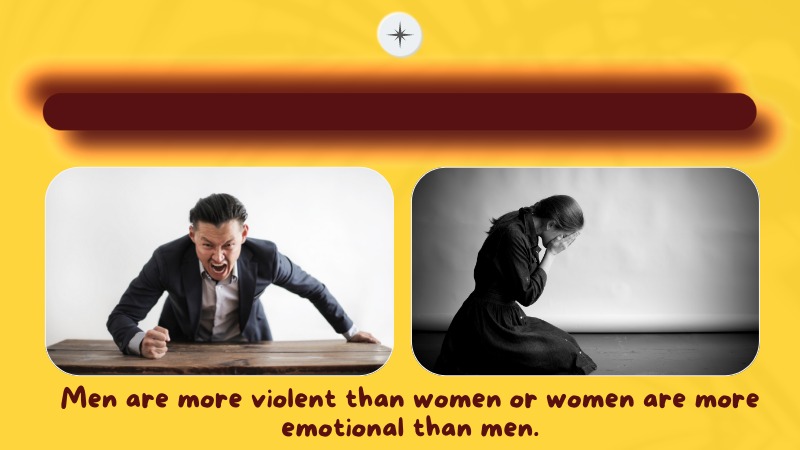
2. How do we learn gender roles and stereotypes?

We might be exposed to gender stereotypes as early on in life as we can crawl or walk.
For example, when we’re just learning to speak, we might ask our parents to buy us a toy car.
From this point forward, we’re getting some perception of what is appropriate for boys and what is appropriate for girls.
Parents use different ways to socialize their children into society’s roles for them.
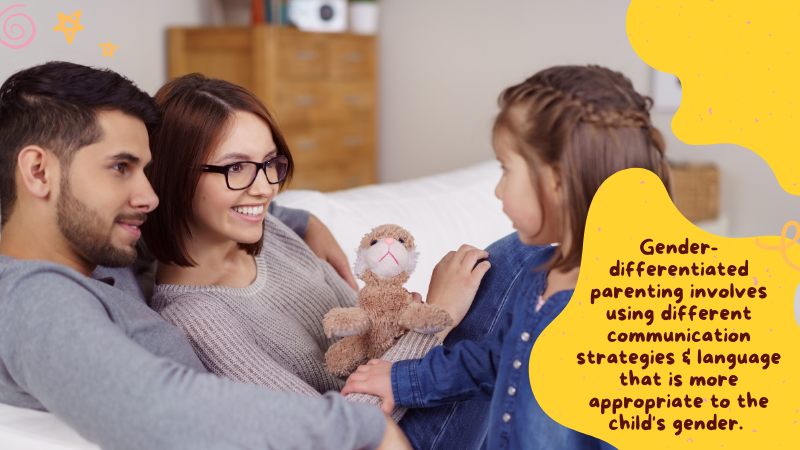
For example, if parents are more traditional, they might use a technique like gender-differentiated parenting.
This technique involves using different communication strategies and using language that is more appropriate to the child’s gender.
When they notice their son is playing with dolls or toys associated with women, they might say things like this, which means he’ll grow up gay.
By saying this kind of thing to their child, they are trying to make sure their child grows up understanding the gender roles society expects them to follow.
In this way, the child learns to understand what is appropriate for each gender.
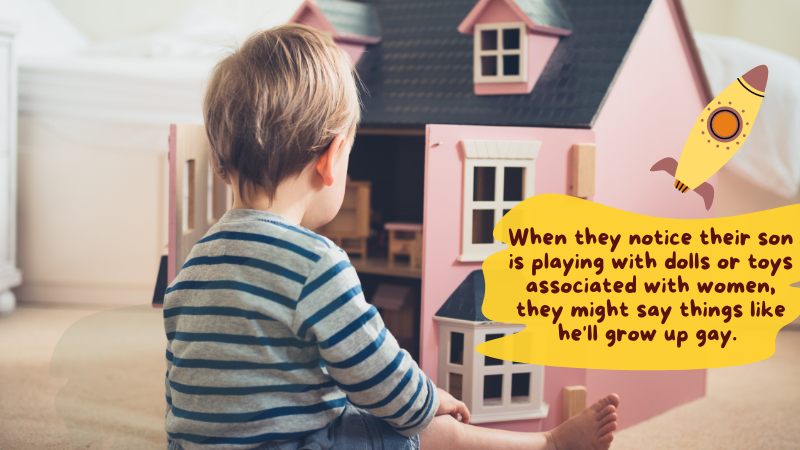
3. How are gender stereotypes harmful?

Although stereotypes can be useful in some situations, they can also be a big problem if not used correctly.
It’s hard to have stereotypes if they are not based on reality or a logical situation interpretation.
This is why we often see stereotypes in an exaggerated form, usually associated with how someone portrays themselves or their behavior.
These distorted stereotypes can cause damage to society, especially to those involved.
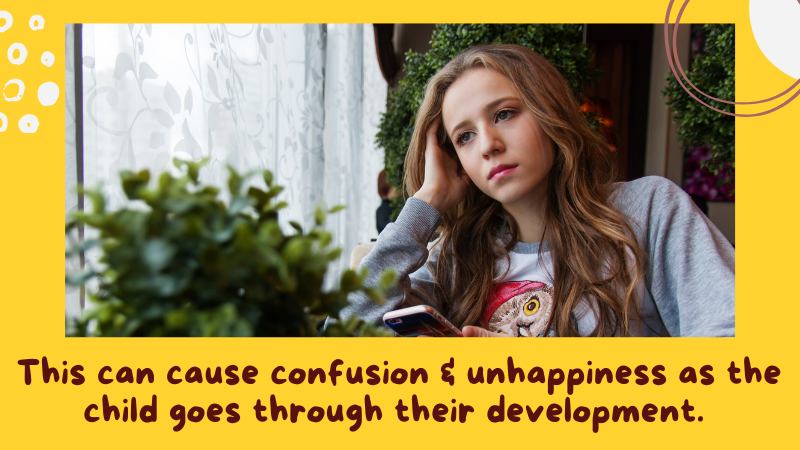
This is especially true for children who wish to break out of these negative gender roles.
The main area of concern here comes from young people who don’t feel comfortable following the gender stereotype expected of them as they grow up.
For example, a child who is transgender might not feel comfortable in the role assigned to them by society.
This can cause confusion and unhappiness as the child goes through their development.
It doesn’t help that society doesn’t always understand or support gender-nonconforming.
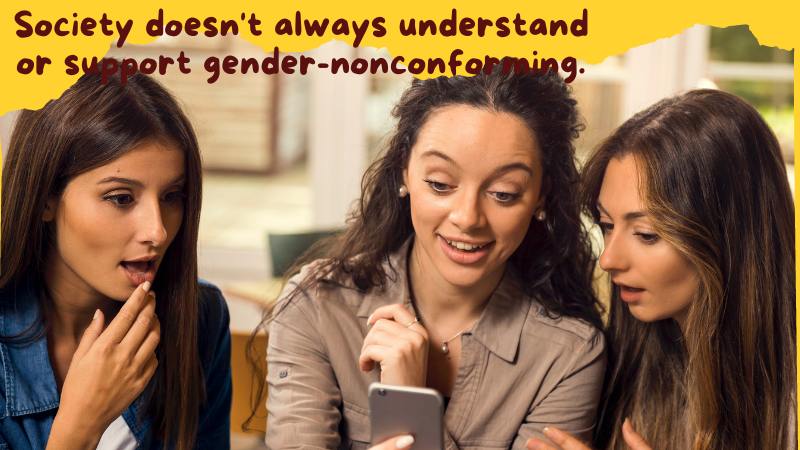
4. How can we break free from traditional gender roles and stereotypes?
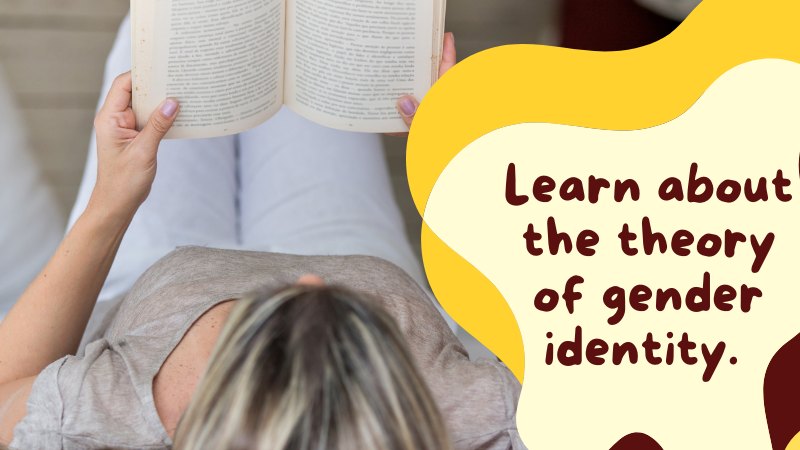
A major way of society helping people break free from these traditional gender roles is through education.
Instead of learning about gender stereotypes in school, we can learn about the theory of gender identity, which will help us understand what it means to be transgender or non-gender-conforming.
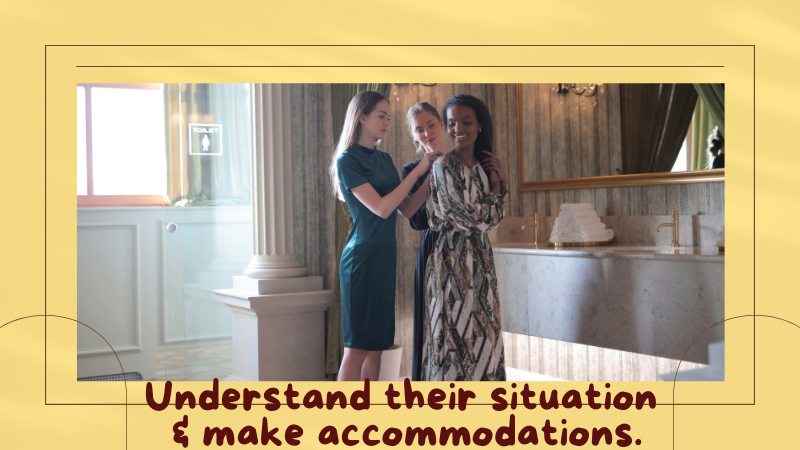
It can also help us understand why people might be transgender, which will help us understand them and learn how to accommodate them.
The other way we can break the gender stereotype scene is by not following it or by resisting it when we see it happening.
For example, suppose a person is assigned male at birth because of their genitals but identifies as female.
It is important to understand their situation and make accommodations so that their gender identity will not be questioned.
In this way, we can learn to break free from the negative aspects of traditional gender stereotypes.
5. How can psychology help us understand the impact of feminism on society today?
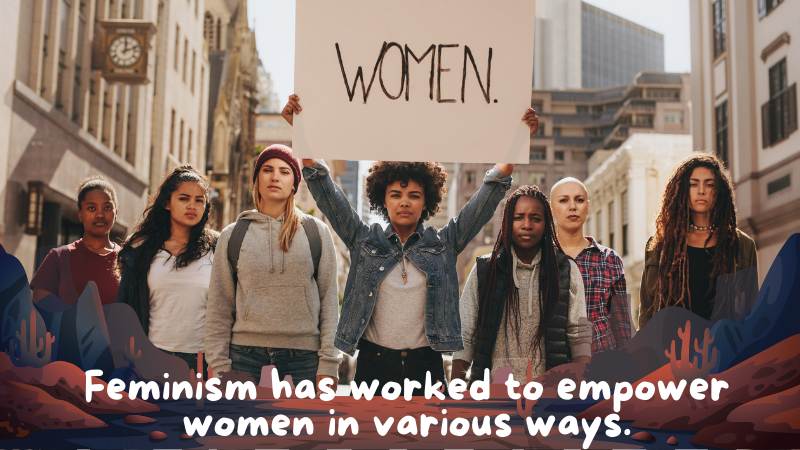
We can understand the impact of feminism in society today by understanding how feminism has affected gender roles.
For example, feminism has worked to empower women in various ways, which has helped them break free from many of the traditional roles they were once confined to.

This means that we have more opportunities for women than before.
Psychology can help us understand the impact of feminism in the short term and long term.
We can learn more about women’s role in society as they seize more opportunities to move forward in the short term.
In this way, it is a very important social movement that shouldn’t be overlooked.
In the long term, we can learn more about how these gender roles affect children exposed to them.
Also, it shows how we can break free from them for good.
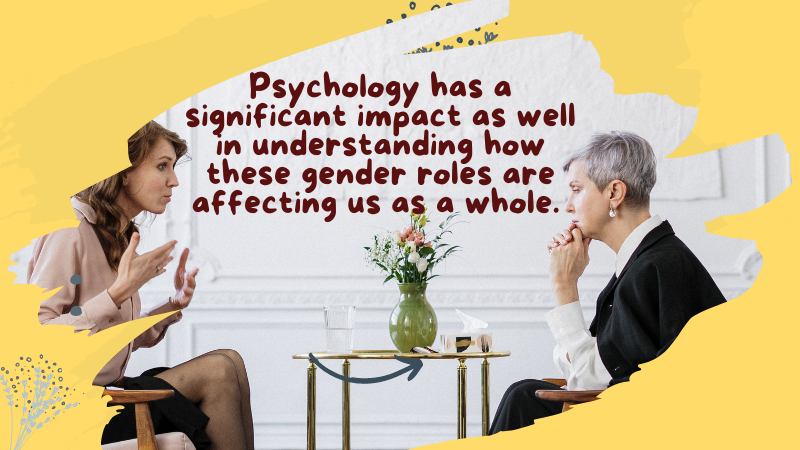
In conclusion, feminism and gender roles are two important issues that need to be discussed.
They’ve both had a significant impact on the development of our society and will continue to do so for years to come.
It is especially important for people who wish to pursue careers such as psychology because it focuses on helping others.
Psychology has a significant impact as well in understanding how these gender roles are affecting us as a whole.
As a society, we need to keep learning about these issues and help us move forward in a more positive direction.
Feminism has had an important effect on our society.
It has helped women gain a better balance of social and political powers, which has led to progress for many women in their personal lives.
It also includes various movements that have helped women understand how they can make the world a better place for everyone.
Gender roles can be helpful in some situations, but they can also be very harmful if not used correctly.
It’s hard to have gender roles if they are not based on reality or a logical interpretation.
This is why we often see gender roles in an exaggerated form, usually associated with how someone portrays themselves or their behavior.
Psychology can help people understand how these gender roles affect us as a whole.
It can also offer various helpful insights into the phenomenon of feminism and how it has shaped our society.
In this way, it is an important social movement that should not be overlooked.
Tagged With:Crossdresser Psychology , Gender roles & stereotypes
- Best Crossdresser Destinations to Visit in Africa
- Crossdresser’s Tips to Feel Like a Sissy 24/7
- How to Be a Professional Cross dresser Escort
- Spider Gag: A Beginner’s Guide to Using and Introducing Them in Your Playtime Routine
- How Do Transgender Women Get Breasts?
- How to Train a Sissy Slut with Chastity Cages
Established in 2009, We are a recognized manufacturer and seller of professional crossdressing products.
It is our aim to become not just the most creative manufacturer but also a very considerate seller, as we provide the best quality products for crossdressers all around the world.





















 Breast Forms
Breast Forms  Body Suit
Body Suit  Realistic Mask
Realistic Mask  Femini Girdle
Femini Girdle Hip & Butt Enhancement (8)
Hip & Butt Enhancement (8) Penis Prosthesis
Penis Prosthesis Fake Muscle
Fake Muscle Bikini
Bikini  Wig
Wig  Corsets
Corsets Course
Course service@roanyer.com
service@roanyer.com +8618652200711
+8618652200711 Facebook
Facebook YouTube
YouTube Twitter
Twitter Instagram
Instagram




